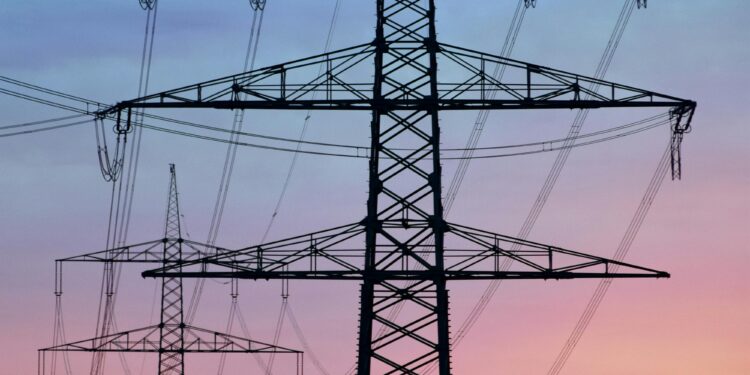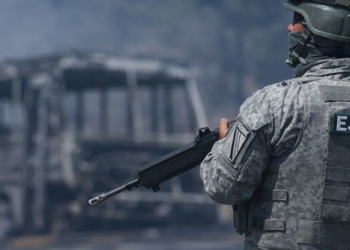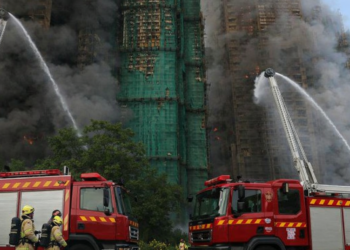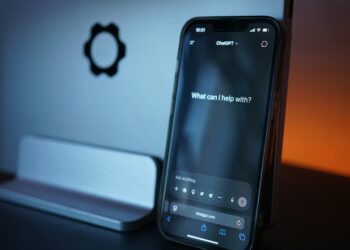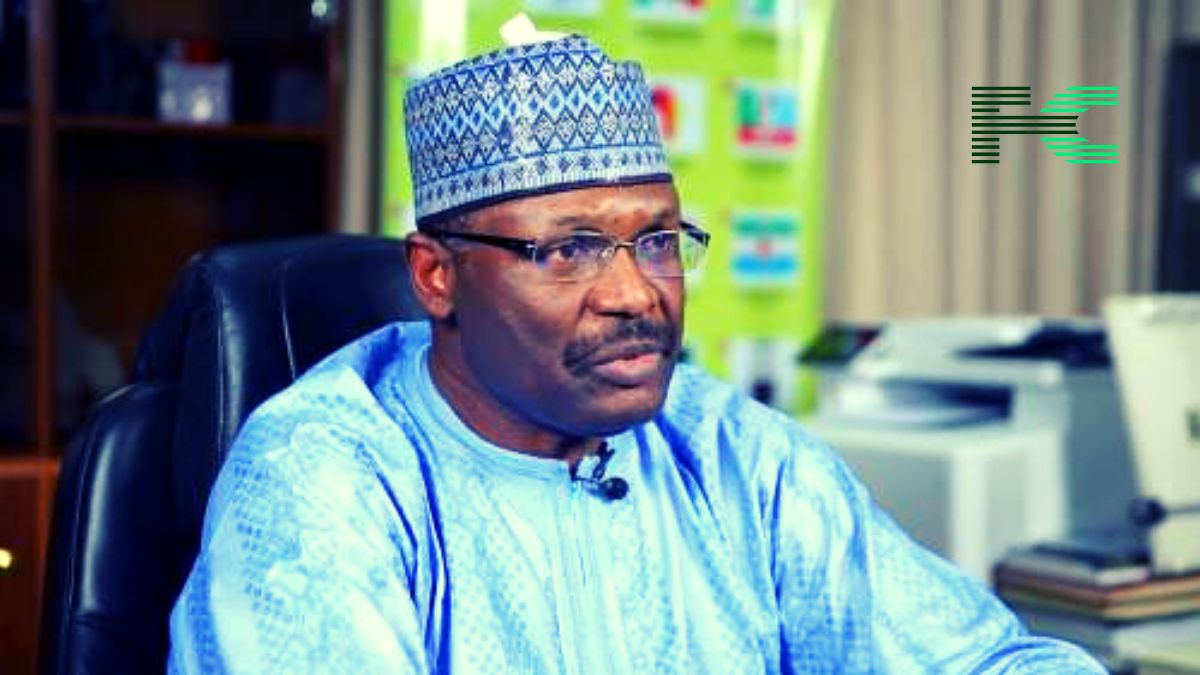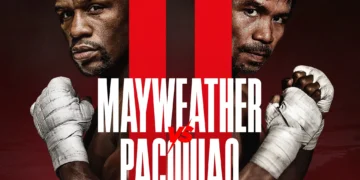Electricity distribution companies in Nigeria have boldly defended the recent tariff hike, claiming that Band A customers in the country enjoy the “lowest” electricity prices in West Africa. This comes amid widespread outrage, with many Nigerians expressing their frustration on social media, particularly Twitter, over what they see as exorbitant charges for a service that remains far from reliable. Some have even resorted to installing solar panels to escape the mounting costs.
What They Are saying
According to Sunday Oduntan, the spokesman for the Association of Nigerian Electricity Distributors (ANED), Band A customers, who bear the highest electricity costs in Nigeria, still pay less than their counterparts in neighboring countries like Benin Republic, Mali, Burkina Faso, and Ghana. He argued that the difference in tariffs is the reason why consumers in those countries experience better electricity output, because, as he put it, “they pay for it.”
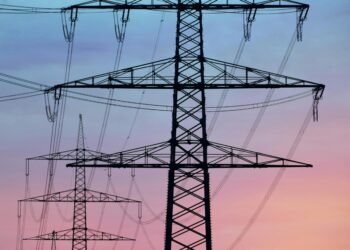
Oduntan didn’t stop there; he emphasized that the power sector needs substantial funds to improve and sustain electricity supply, implying that the higher tariffs are essential to attract the necessary capital for reinvestment. “That is why they are able to get enough capital to reinject into the system,”
Why It Matters
The tariff hike, which first made headlines earlier this year, was part of the government’s decision to phase out subsidies for certain electricity users. Band A customers—those fortunate enough to receive at least 20 hours of power daily—initially saw their rates jump from N225/kWh to about N209.80/kWh. While this sparked an outcry, the Federal Government remained firm, arguing that subsidizing electricity is no longer feasible.
“The journey starts now,” declared the Minister of Power, Adebayo Adelabu, in what sounded more like a stern warning than an announcement. “We should do a gradual migration from the subsidy regime to a full cost-reflective regime, and we must start with some customers.”
Oduntan echoed this sentiment, insisting that Band A customers are paying the “true cost” of electricity, free from government subsidies. Meanwhile, those in Band B are still partially shielded from the full brunt of these costs, with the government covering up to 67 percent of their bills.
Bottom Line
In the end, the message from Nigeria’s electricity distributors is clear: If you want reliable power, be prepared to pay up or, as many Nigerians are discovering, find alternative solutions on your own.

